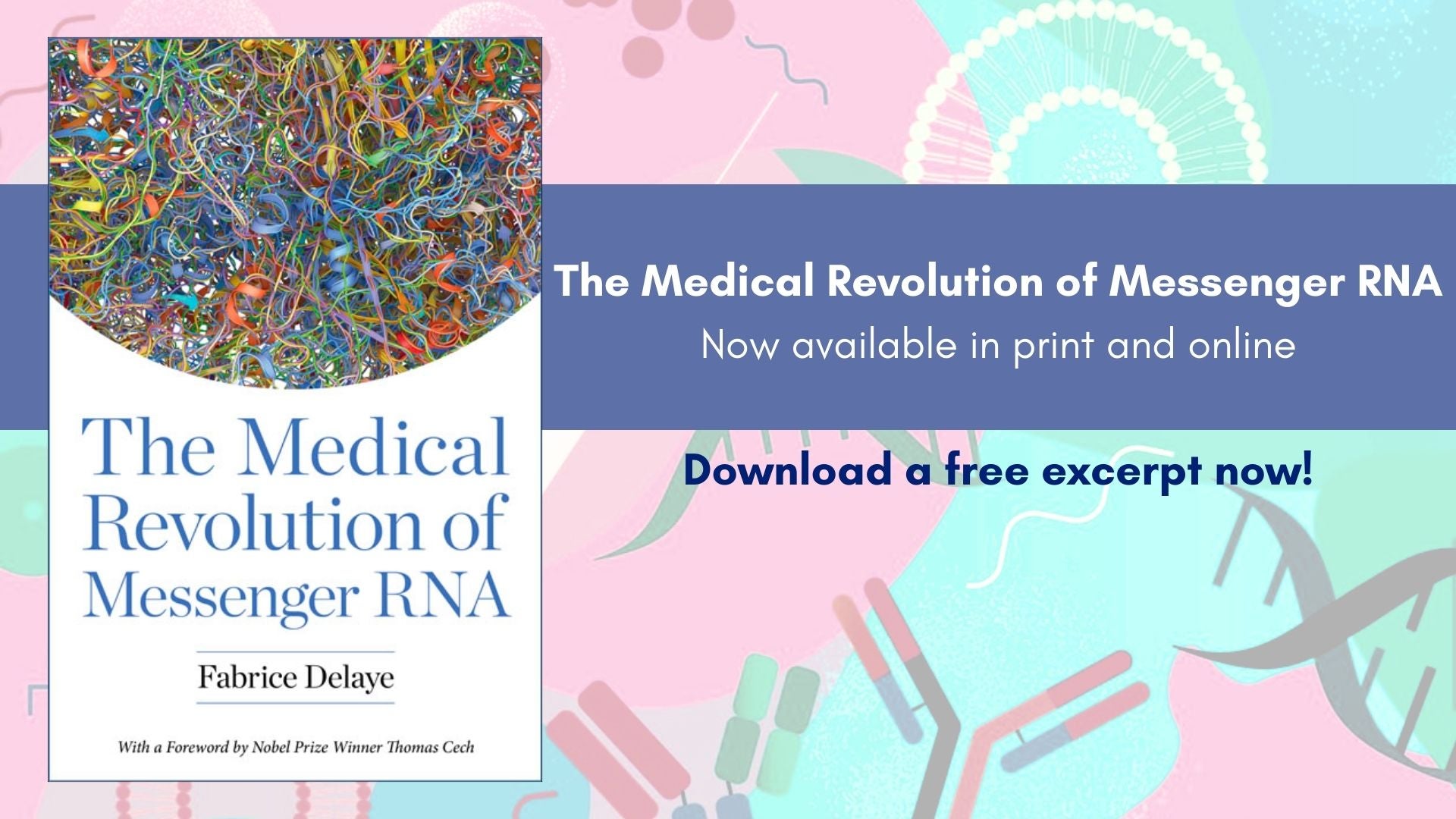Cold Spring Harbor, NY – Katalin Karikó and Drew Weissman have been awarded the 2023 Nobel Prize in Physiology or Medicine for laying the foundation for mRNA vaccines, like the one used against COVID-19. Often ridiculed by other scientists for what seemed to be a pipe dream, Dr. Karikó and Dr. Weissman persisted in their development of mRNA as a means for vaccination.
“For the 20 years that we’ve worked together before anybody knew what RNA is, or cared, it was the two of us literally side by side at a bench working together.” —Dr. Drew Weissman, 2023 Nobel laureate.
Traditionally, vaccines have been created using weakened or inactivated viruses in order to create antiviral antibodies, and such vaccines have been very effective for the treatment of polio, measles, yellow fever, and more. But because of the advancements in molecular biology, technologies to create more effective vaccines have been greatly improved. Now, some vaccines are created through isolating genetic information from the virus and creating specific viral proteins; these are called mRNA vaccines.
For many years, Dr. Karikó was able to make mRNA molecules that would instruct cells in vitro (in a Petri dish) to make a protein of her choice, but the mRNA did not work in vivo (in the body). This has always been a problem with intravenous therapies containing mRNA, which has rapidly slowed down the progress of developing mRNA therapeutics.
“[Dr. Karikó] was, in a positive sense, kind of obsessed with the concept of messenger RNA.” —Dr. Anthony Fauci told The New York Times.
Dr. Karikó and Dr. Weissman learned that the mRNA they were using caused an overreaction in the immune system, but the transfer RNA (tRNA) didn’t. This was fixed with the addition of pseudouridine, a naturally occurring modified nucleotide with unique chemical properties that is also highly abundant and naturally widespread in virtually all RNAs of all cells. Pseudouridine enhanced RNA stability and, in the meantime, decreased anti-RNA immune response.
This discovery of adding pseudouridine to mRNA vaccines is what led Pfizer-BioNTech and Moderna Therapeutics to create COVID-19 spike-encoding mRNA vaccines (both with more than 90% of efficacy against COVID-19 symptoms). Now Dr. Karikó and Dr. Weissman are 2023 Nobel prize laureates.
“I think giving a Nobel Prize for this COVD-19 vaccine may make hesitant people take the vaccine and be sure it’s very efficient and it’s safe,” said Professor Olle Kämpe of Karolinska Institutet medical university and vice chair of the Nobel Committee at the Nobel Assembly at Karolinska Institutet.
Fabrice Delaye, a science and technology journalist based in Switzerland, wrote The Medical Revolution of Messenger RNA to tell the story about the underdog of medicine, and how mRNA is now a key player in the invention of new medical therapeutics for a variety of ailments. He interviews Dr. Karikó, Dr. Weissman, and more than 40 other scientists and entrepreneurs.
“The other main other applications we’re going to see [from mRNA vaccines] is of course many other vaccines against infections, and particularly perhaps for flu where we need updated vaccines. That is one of the great advantages with this platform is that it’s flexible and it’s fast so we can update the vaccine if there are new virus variants coming which we know happens all the time. Cancer vaccines might very well benefit from this platform,” said Professor Gunilla Karlsson Hedestam of the Karolinska Institutet medical university at the Nobel Assembly at Karolinska Institutet.
“The 327 days it took to make the mRNA COVID-19 vaccines changed the world of science; Fabrice Delaye’s book tells the fascinating inside story of the many years of scientific endeavor it took to make it happen.” —Seth Berkley, MD, CEO of Gavi, the Vaccine Alliance; Co-founder of COVAX.
The Medical Revolution of Messenger RNA is now available for purchase.
Download a Free Excerpt from The Medical Revolution of Messenger RNA
Please visit CSHL Press or Amazon for the hardcover.
Also available on Amazon Kindle.
About Cold Spring Harbor Laboratory Press
Cold Spring Harbor Laboratory Press is an internationally renowned not-for-profit publisher of books, journals, and electronic media, located on Long Island, New York. Since 1933, it has furthered the advance and spread of scientific knowledge in all areas of genetics and molecular biology, including cancer biology, plant science, bioinformatics, and neurobiology. It is a division of Cold Spring Harbor Laboratory, an innovator in life science research and the education of scientists, students, and the public. All revenue from sales of CSHL Press publications supports research at Cold Spring Harbor Laboratory.
***
Media/Press Contact:
Robert Redmond, Assistant Marketing Director, Cold Spring Harbor Laboratory Press
rredmond@cshl.edu
